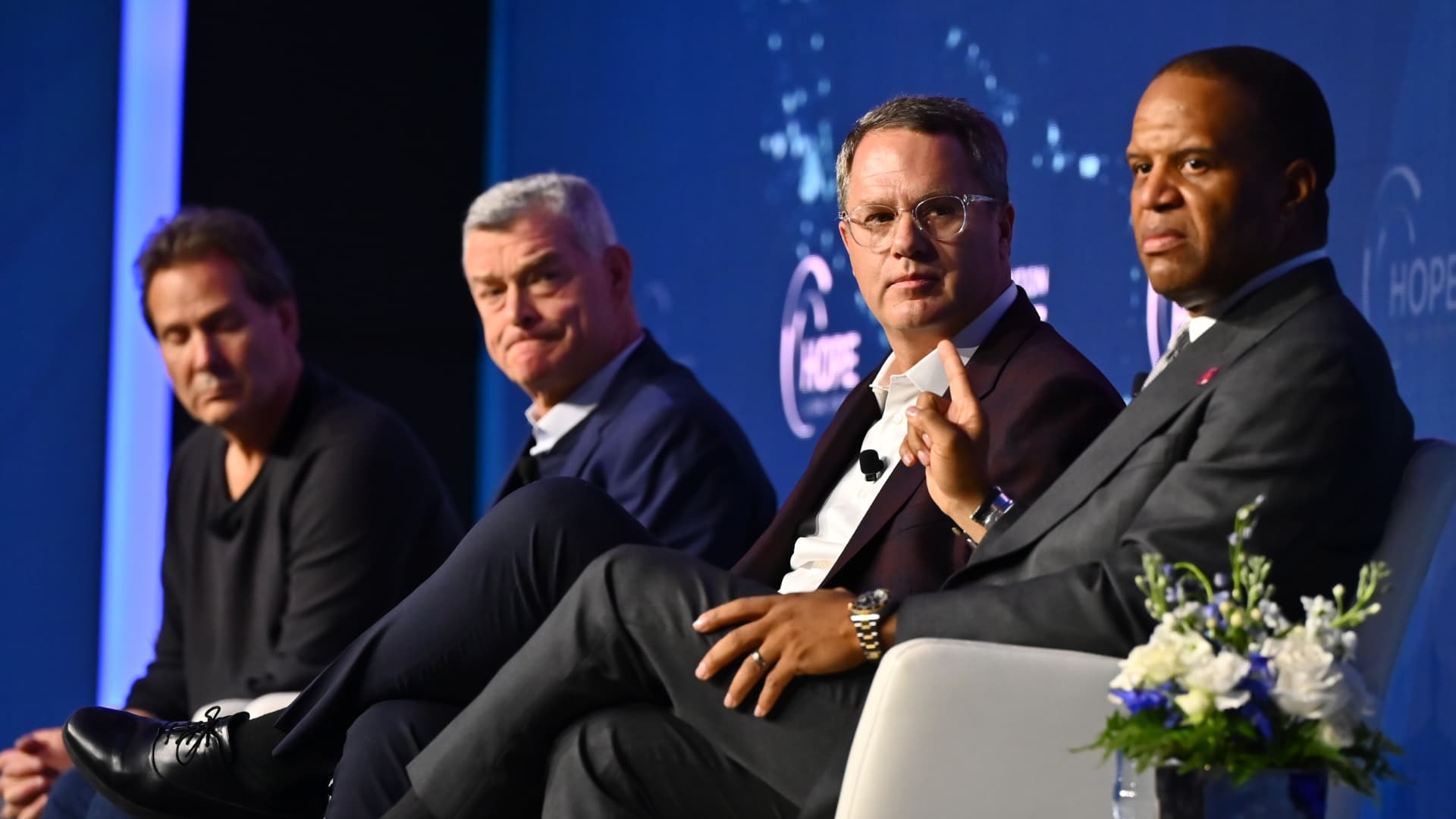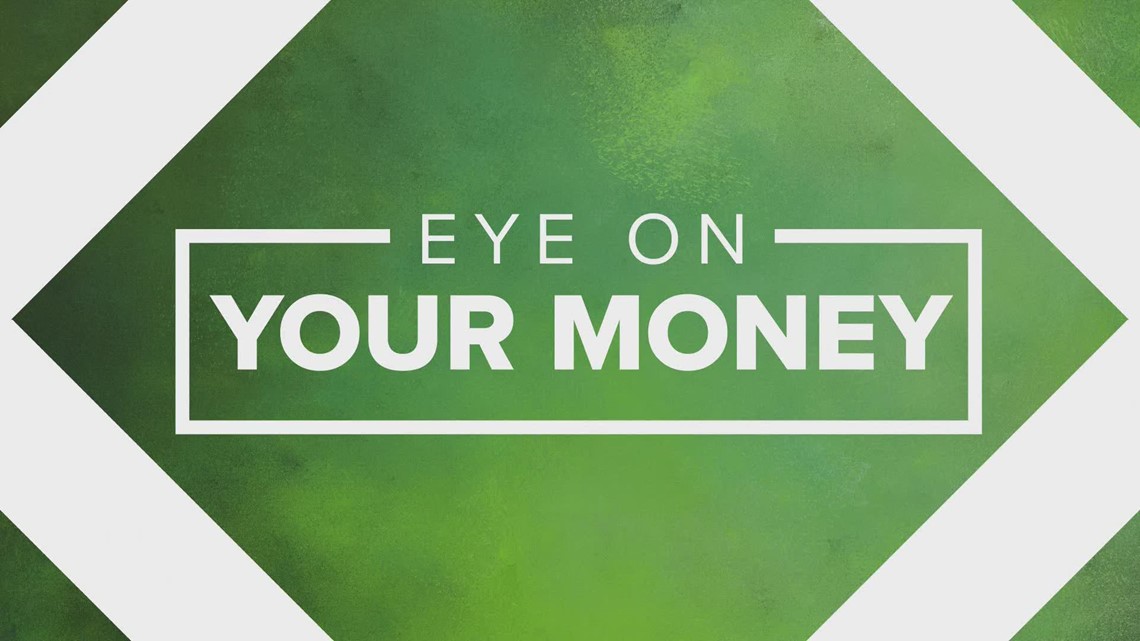In 2022, Minnesota’s private lenders used guaranteed Small Business Administration money to drive momentum behind diversifying help for businesses run by people of color, especially Black people.
Since 2020, the dollar amount in loans to Black small-business owners increased 307{797b2db22838fb4c5c6528cb4bf0d5060811ff68c73c9b00453f5f3f4ad9306b}, while the number of loans to that demographic grew 119{797b2db22838fb4c5c6528cb4bf0d5060811ff68c73c9b00453f5f3f4ad9306b} in that time, said Brian McDonald, district director of the SBA’s Minnesota office.
“There’s been a strong effort by the lending community in Minnesota to move the needle with underserved communities, especially during the pandemic and especially following the death of George Floyd,” McDonald said.
Overall, SBA-backed guaranteed lending programs supported more than $956 million in loans for Minnesota small businesses for the fiscal year ending in September, down from a record $1.24 billion in 2021. In that record 2021, 2,357 loans were distributed through the SBA’s guaranteed lending program, a near 21{797b2db22838fb4c5c6528cb4bf0d5060811ff68c73c9b00453f5f3f4ad9306b} increase compared to 2022 and a reflection of the SBA’s concerted effort to support more small businesses amid a pandemic, McDonald said.
Black-owned businesses received $30.1 million in SBA-backed lending for the recent fiscal year, up from $25.5 million in 2021 and $7.4 million in 2020.
SBA-backed loans to Asian and Pacific Islander-owned and Hispanic-owned businesses also increased in the past three fiscal years. SBA-loans to Asian and Pacific Islander businesses rose from $31.3 million in 2020, to $73.5 million in 2021 and $74.9 million in 2020. For Hispanic-owned businesses, the figure jumped from $21.7 million in 2020 to $23.6 million in 2021, but decreased slightly this fiscal year at $22 million.
Of the businesses that were approved for loans by Arden Hills-based Amplio Economic Development Corp., nearly 14{797b2db22838fb4c5c6528cb4bf0d5060811ff68c73c9b00453f5f3f4ad9306b} of the loans were to minority-owned businesses. That’s at least twice the percentage of minority-owned businesses in Minnesota, Chief Executive Jonathan Sage-Martinson said.
Amplio ranked third in overall in SBA-backed loan dollar value for fiscal 2022 at $53.6 million. Hospitality and food and beverage businesses make up the bulk of Amplio’s portfolio, Sage-Martinson said. Amplio is one of five certified development companies in Minnesota involved in the SBA 504 loan program, in which the SBA covers as much as 40{797b2db22838fb4c5c6528cb4bf0d5060811ff68c73c9b00453f5f3f4ad9306b} of a loan for land, buildings, machinery and equipment.
“Making sure more folks who traditionally don’t have access to credit is a priority of ours and something we seek to make sure is accessible too,” Sage-Martinson said.
The percentage of loans to business owners of color are conservative, McDonald said. In 2022 and 2021, 18{797b2db22838fb4c5c6528cb4bf0d5060811ff68c73c9b00453f5f3f4ad9306b} and 24{797b2db22838fb4c5c6528cb4bf0d5060811ff68c73c9b00453f5f3f4ad9306b}, respectively, of the loan recipients’ ethnicity was labeled undetermined. But a large percentage of undetermined recipients are likely business owners in underserved communities who purposefully withheld their ethnicity from applications, he said.
In 2020, nearly 30{797b2db22838fb4c5c6528cb4bf0d5060811ff68c73c9b00453f5f3f4ad9306b} of recipients fell into the unidentified ethnicity category.
Data provided by the SBA shows the federal agency has greatly increased lending the past five fiscal years. Programs supported over $763.5 million in loans for small business in fiscal 2020, up from $671.6 million in 2019 and $609.5 million in 2018.
The rise is not only a result of the SBA raising it’s profile, but business owners wanting to secure their own real estate or expand in a pandemic-driven time of economic uncertainty, Sage-Martinson said.
“The increased use of SBA loan products is a great sign because they’re specifically targeted to help small businesses who are looking to start or expand,” he said. “That market in particular, without the SBA 504 product, often does not have access to the capital they need to either start a business, or for existing business, purchase their real estate so they have greater control over their future.”



